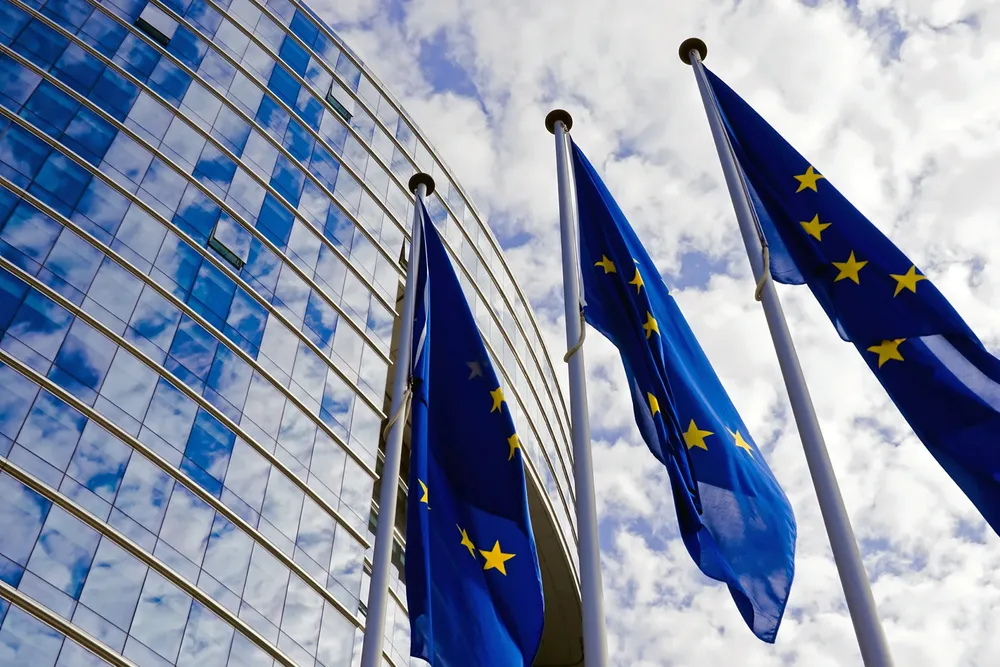EU considers extending joint gas purchasing scheme to bulk-buy green hydrogen: reports
The European Commission has proposed using the initiative — set up to replace Russian gas — to support the upcoming European Hydrogen Bank

The European Commission has proposed using the initiative — set up to replace Russian gas — to support the upcoming European Hydrogen Bank
